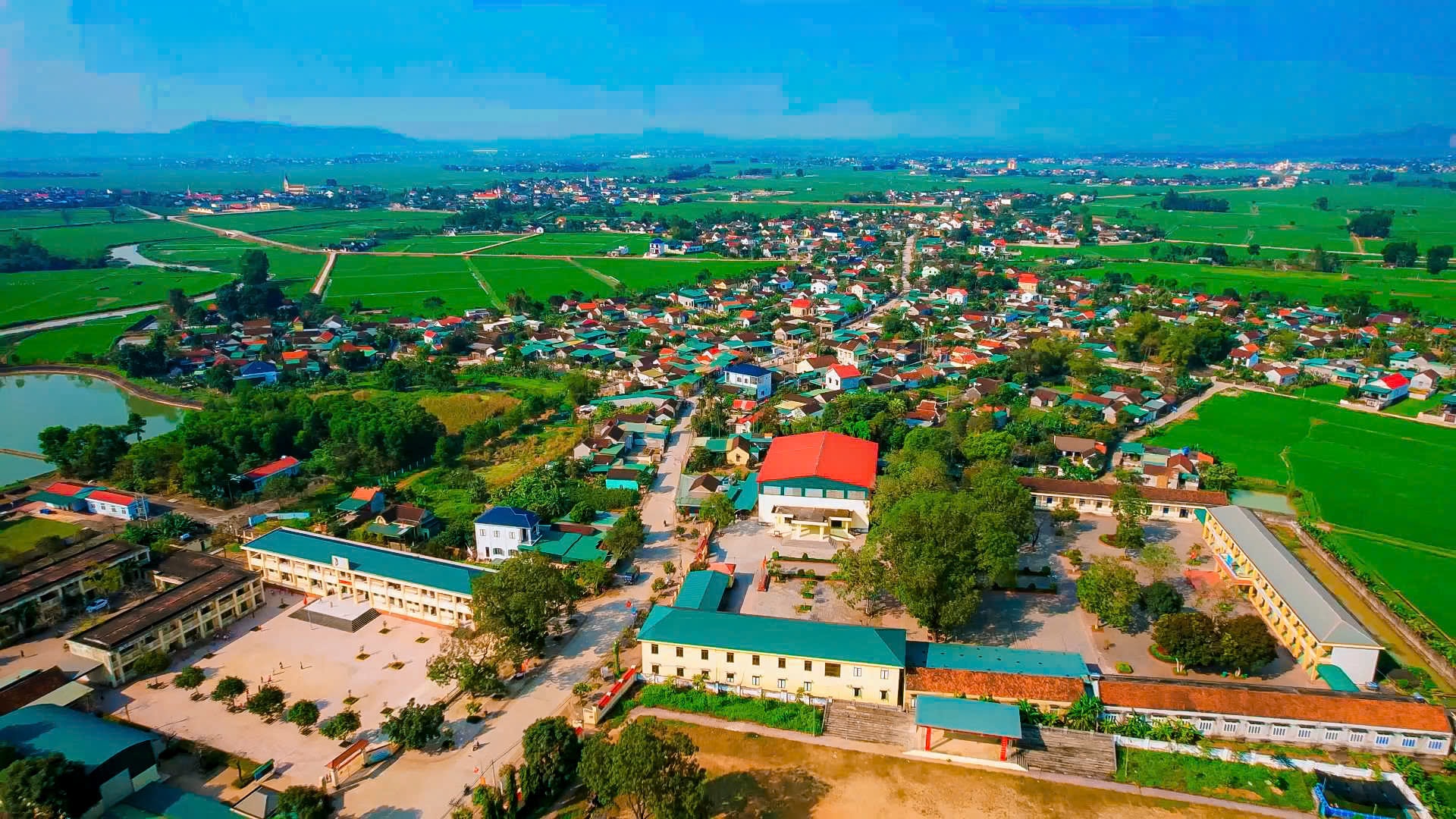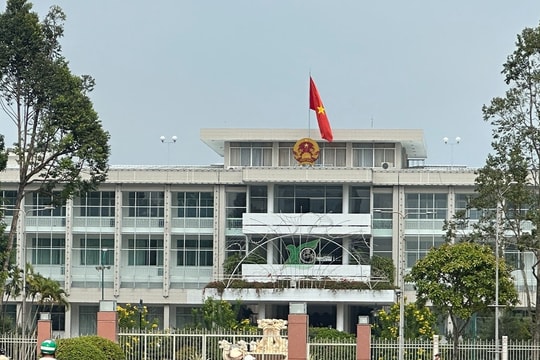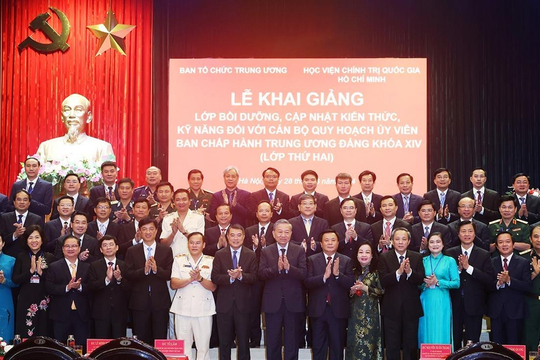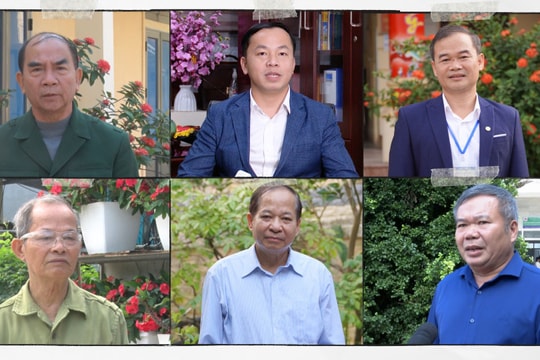It is necessary to develop criteria and standards to select commune-level officials during the merger.
When the district level no longer acts as an intermediary and larger-scale communes are merged, many challenges and opportunities arise for commune-level officials and civil servants. The issue that public opinion is concerned about is the need for a set of standards and a mechanism for selecting commune-level officials and civil servants to meet the requirements of the new period.
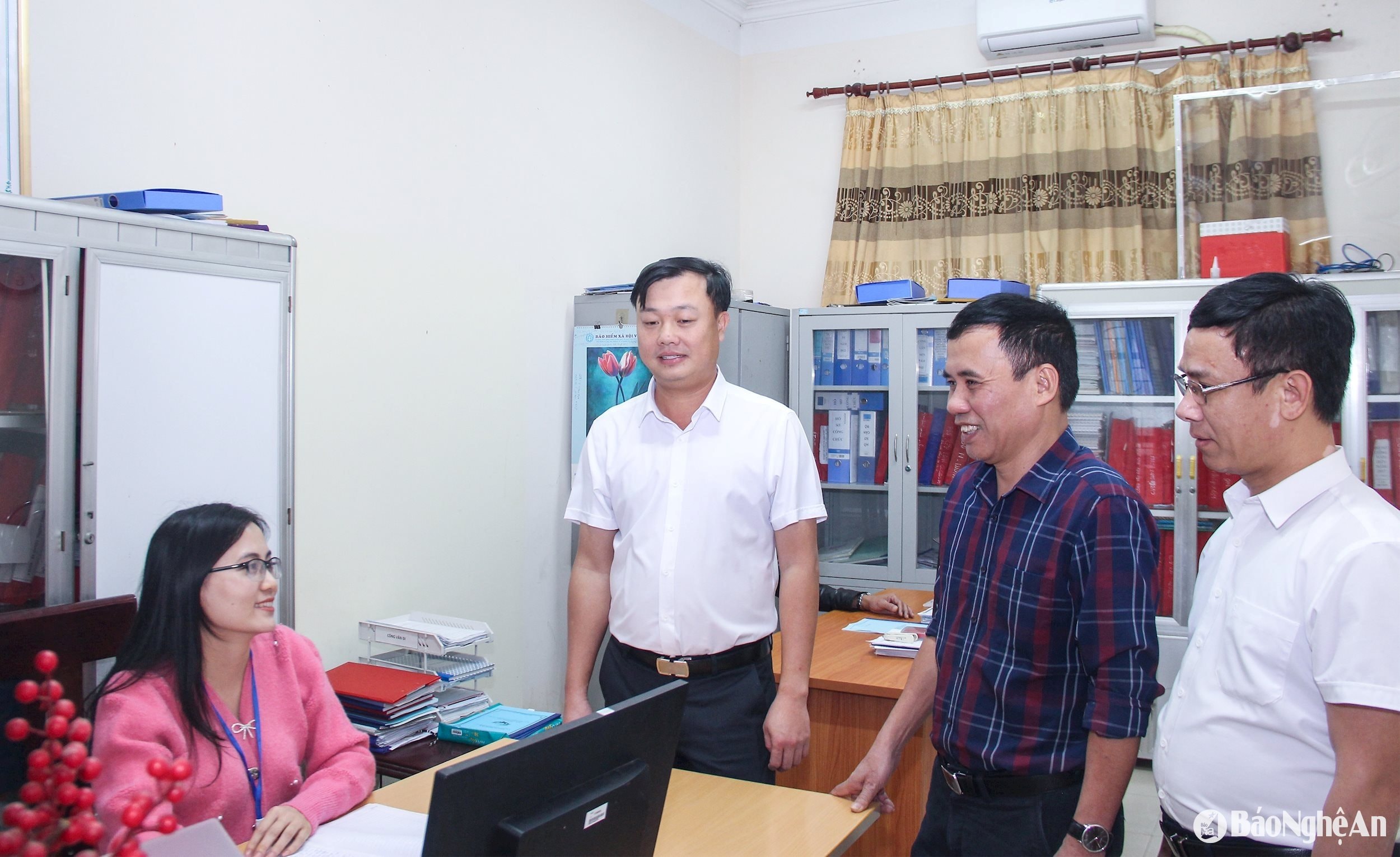
Opportunities and challenges
The policy of abolishing district-level units and merging larger commune-level units is creating high consensus and support among cadres, party members and the people. This is a revolution with positive impacts, opening up new opportunities, but posing challenges for grassroots cadres.
Comrade Phan Thi An - Secretary of the Party Committee of Phu Thanh Commune (Yen Thanh) said: "The abolition of district-level units will decentralize and delegate power at the commune level, increasing functions and tasks; at the same time, being proactive in planning directions, opening up opportunities for breakthrough development for the present and the future; enhancing "autonomy" in decisions, ensuring that work is promoted, resolved more quickly and effectively, including being more proactive in implementing programs and projects for socio-economic development in the locality".
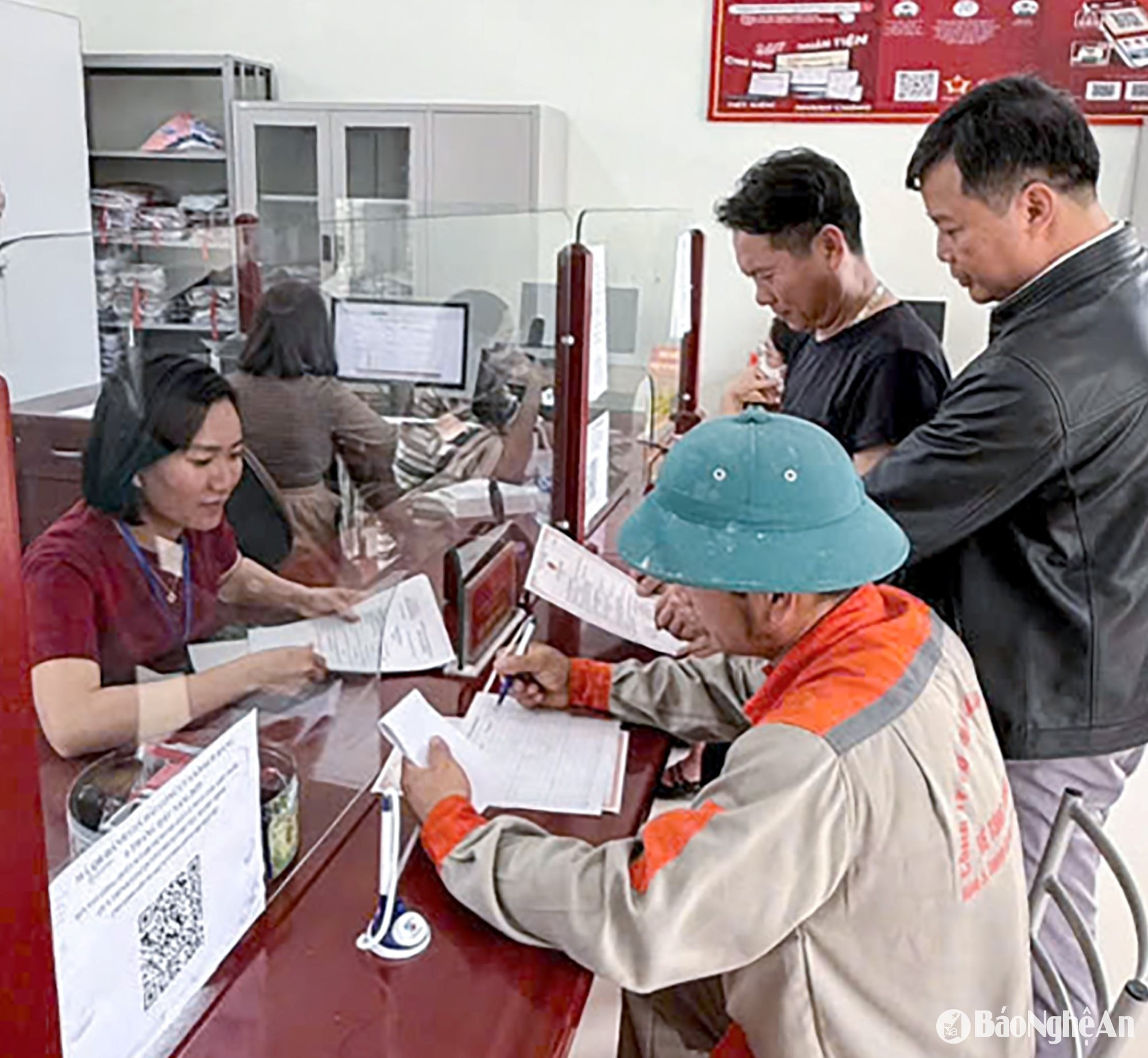
Comrade Tran Van Trung - Deputy Secretary of the Party Committee, Chairman of the People's Committee of Thuan Long Commune (Quynh Luu) further mentioned the perspective of people's benefits in handling administrative procedures: "When the commune level directly handles administrative procedures without going through an intermediary level (district level), it will reduce time, costs, and travel for people and businesses. For the team of commune-level cadres and civil servants, when their functions and tasks are increased, it is also an opportunity to strive, rise up, and maximize their abilities and capacities, meeting the requirements of tasks in a new stage".
Regarding the challenges for commune-level cadres and civil servants, when the district level is abolished, many tasks and powers of the district level will be transferred to the commune level; at the same time, communes will be merged with a population and area many times larger than the present. The workload will be larger, the management area will be expanded, including the requirement to change the management and operation methods in the era of strong development of science and technology and deep international integration like today. That will create pressure for commune-level cadres and civil servants.
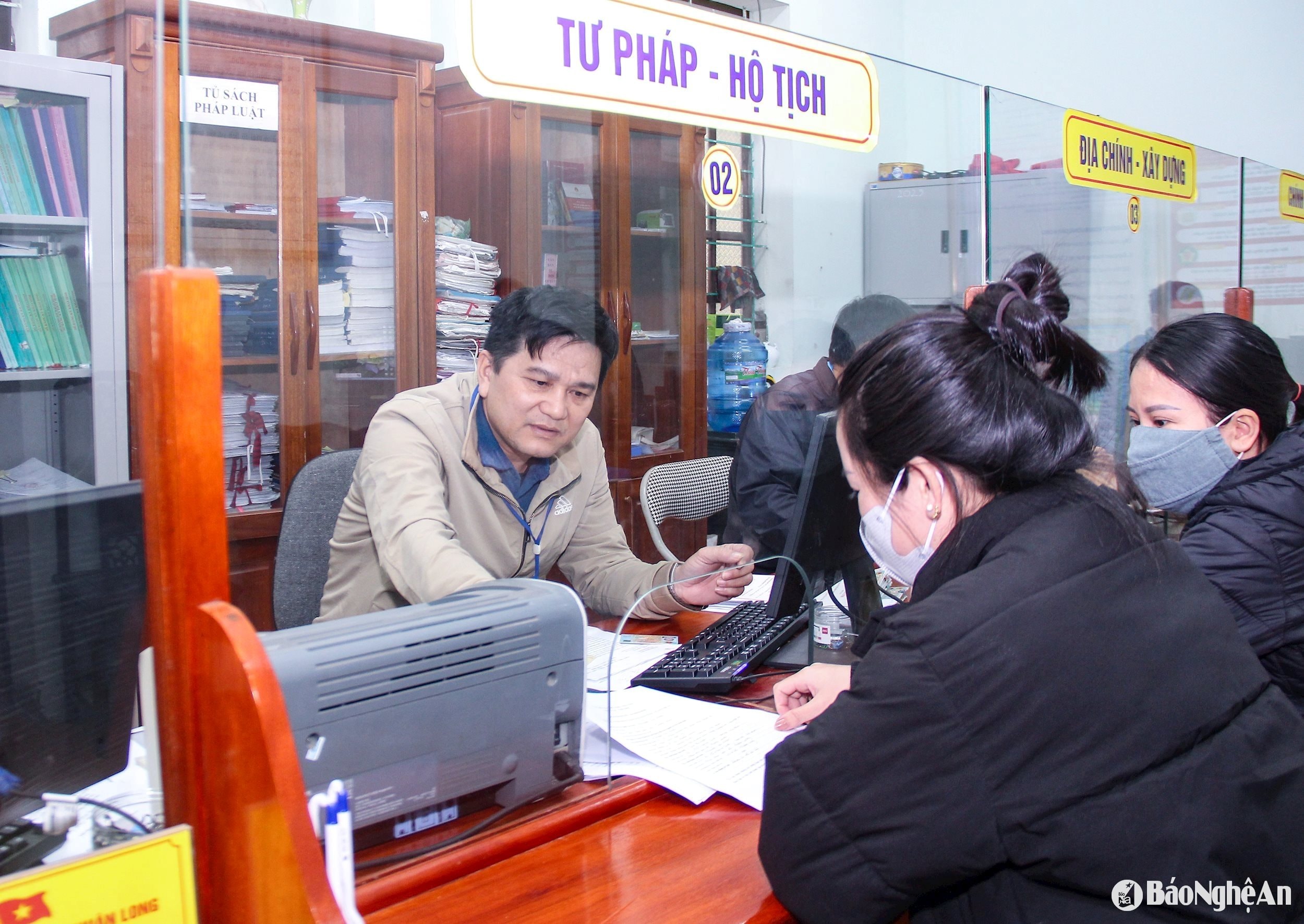
Comrade Kha Van Lap - Party Secretary, Chairman of the People's Committee of Thach Giam town (Tuong Duong) discussed: "In the current conditions of qualifications and capacity of cadres and civil servants, especially in mountainous areas, there are challenges and difficulties in making important decisions that were previously under the authority of the district level. Along with that, at the commune level, there is a lack of cadres with specialized expertise in economics, technology, finance, law, etc. These are factors that cause difficulties in performing many tasks at the grassroots level when there is no longer a "support" at the district level; especially, site clearance, issuance of land use right certificates, land and mineral management, investment attraction for economic development, etc.
Raising another challenging and difficult issue for commune-level officials and civil servants, comrade Kha Van Lap said: Nghe An province has a large area, so there may be many difficulties for commune-level officials in connecting and coordinating with provincial-level agencies, especially when there are complicated issues or when professional support is needed.
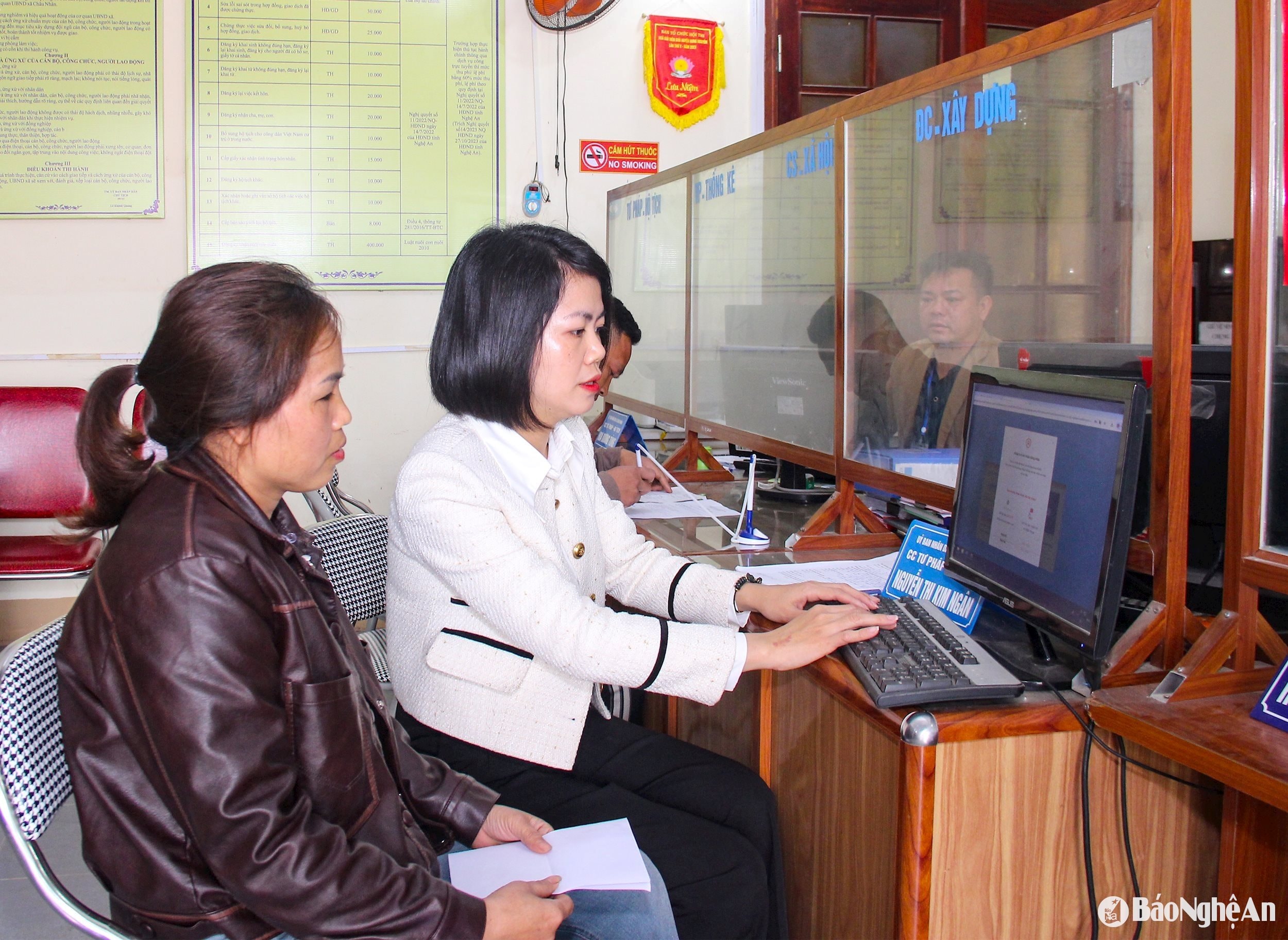
Fairness and objectivity in selecting officials
Based on the area scale, population and a number of other factors, combined with the requirement to reduce commune-level administrative units set by the Central Government; on March 21, Nghe An Department of Home Affairs issued an official dispatch guiding and suggesting localities to develop plans to arrange and merge commune-level administrative units in the province with the idea of arranging and merging 412 commune-level units into 88 - 95 units.
In terms of area, population, authority and increased responsibility, the commune-level administrative unit after the merger will be like a "miniature" district-level unit. Therefore, the issue of public concern today is the need to develop standards and mechanisms for selecting commune-level cadres and civil servants with sufficient qualifications, professional capacity and enthusiasm for the job.
In Nghe An, in recent years, the staff at the commune level has been taken care of by setting specific standards, along with creating conditions and supporting staff to participate in training courses, professional development and political training. In many establishments, the proportion of staff is highly standardized. For example, in Thuan Long commune (Quynh Luu), currently 100% of staff have university degrees and intermediate political qualifications; in Cat Van commune (Thanh Chuong), out of a total of 21 staff, 19 have university degrees and intermediate political qualifications.
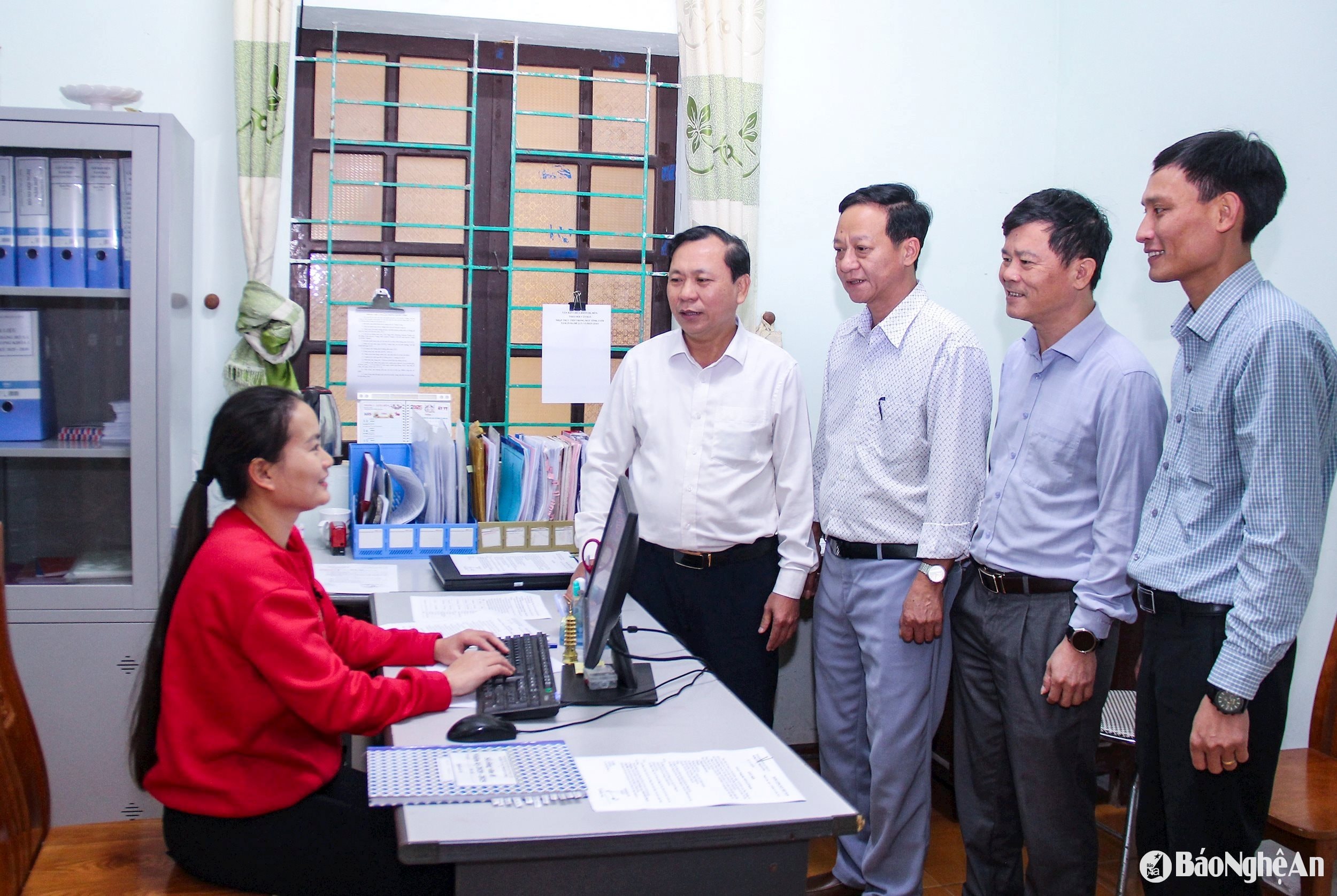
In the whole province, by December 31, 2023, the number of leaders and managers at the commune level (including secretaries, deputy secretaries, members of the Standing Committee, members of the Party Executive Committee at the commune level; leaders of the People's Council, People's Committee, Fatherland Front Committee and socio-political organizations at the commune level) with professional qualifications from university level or higher accounted for 94.2% and political theory qualifications from intermediate level or higher was 94.3%.
Notably, according to comrade Tran Van Thao - Deputy Secretary of the Party Committee, Chairman of the People's Committee of Cat Van Commune (Thanh Chuong): At the commune level, many localities have attracted civil servants who have graduated from regular universities with excellent qualifications and are good at their work, gradually replacing cadres with limited qualifications and capacity, contributing to building a team of higher-quality commune-level cadres and civil servants.
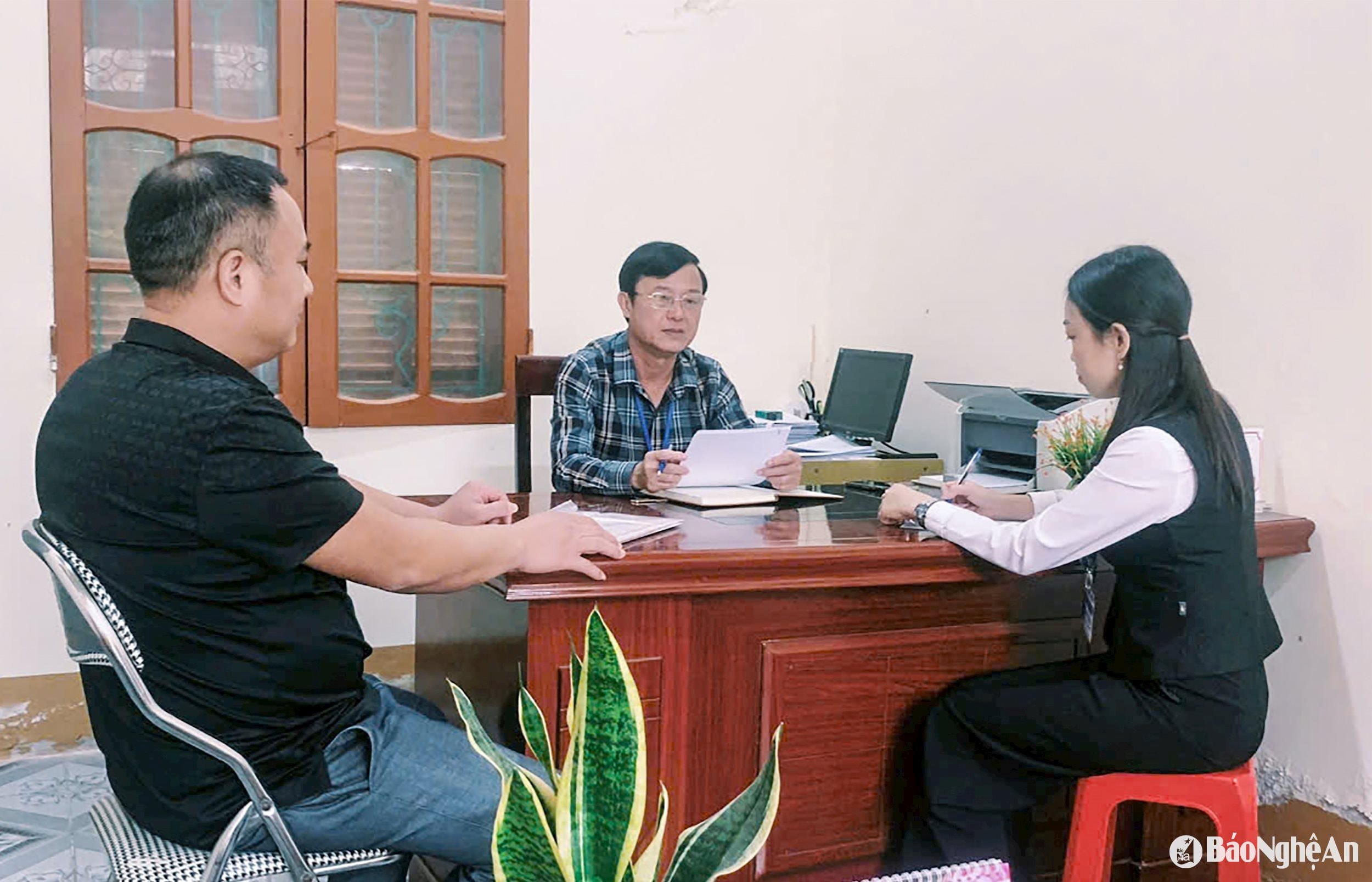
In general, the capacity, professional qualifications, expertise, and political theory of commune-level cadres and civil servants in the province are increasingly improved. However, due to limited learning conditions in the past, there are still cadres and civil servants with college or intermediate degrees; or who have not received formal, systematic training from the beginning - this is a reality that reflects a historical period.
On the other hand, in the report assessing the work of building cadres at all levels in Nghe An province from the beginning of the 2020 - 2025 term up to now, Nghe An Provincial Party Committee also made an assessment: A number of key cadres at the commune level are still limited in terms of expertise and professionalism; have not met the requirements of practice; lack of decisive direction, and the resolution of arising problems is still confused and inconclusive. Leadership capacity, management and operation in some localities are still limited, especially the ineffective dissemination and implementation of the Party's policies and resolutions. Some cadres lack a sense of responsibility towards the people and are not truly dedicated to their work.
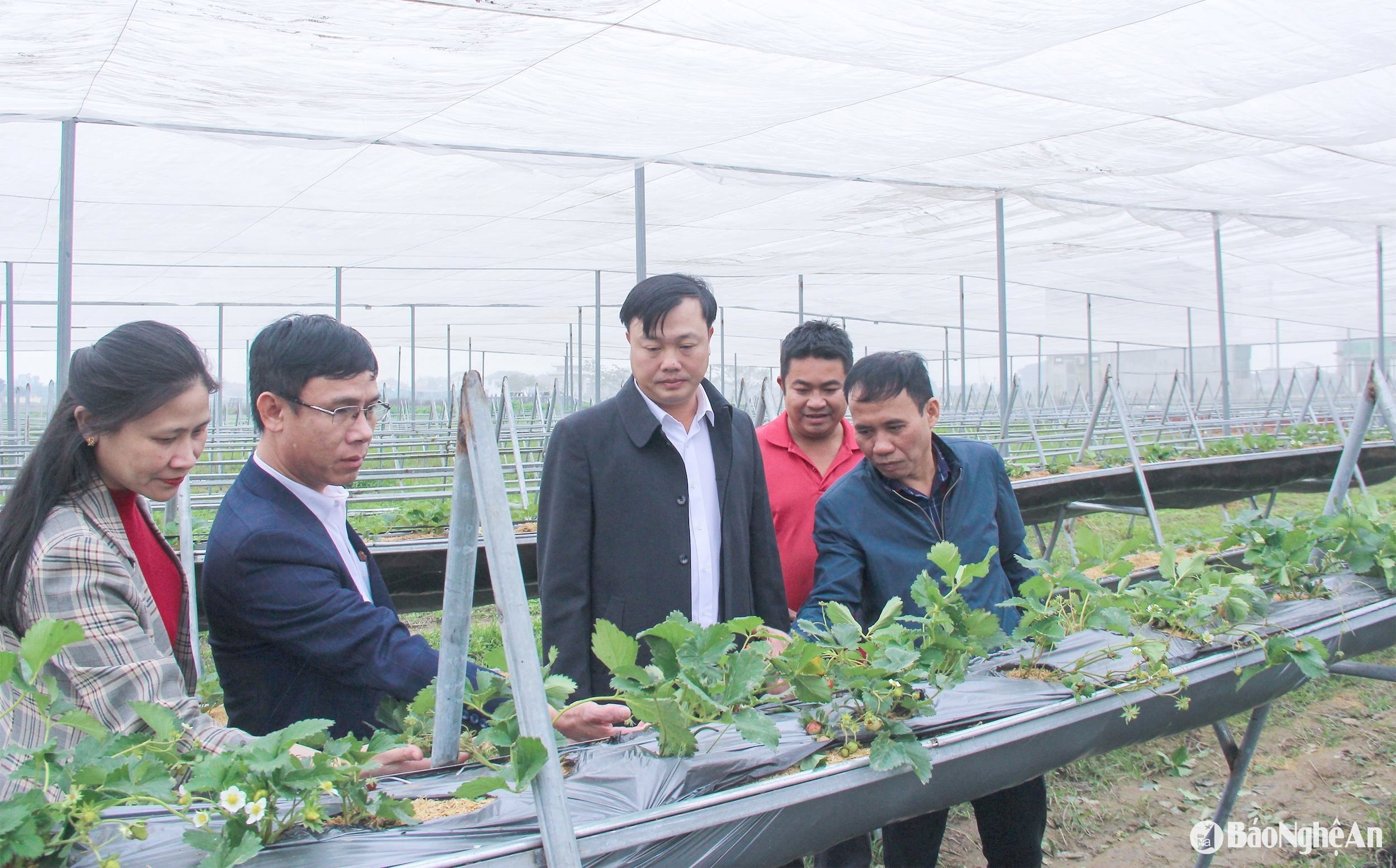
When the district level is abolished, the commune level increases in size, the task requirements for commune-level officials and civil servants are increasingly higher and more complicated; in particular, as society develops, technology is playing an extremely important role with the requirement of strong digital transformation and building e-government; the management, operation and service work of commune-level officials requires deep expertise, scientific thinking and the ability to quickly adapt to changes in science and technology and international integration.
It is said that: When officials and civil servants have deep expertise and good sense and responsibility, they not only follow the correct procedures, but also advise, guide and support people to access policies in the most optimal way, ensuring the best interests of the people. On the contrary, it is also possible that some officials work mechanically, causing difficulties, instead of supporting people, making the problem more complicated.
Many opinions say that when merging larger communes and abolishing the district level, commune officials need to have economic thinking to make good plans; commune officials also need to have the capacity to connect provincial, central and international development programs, creating a boost for local development.
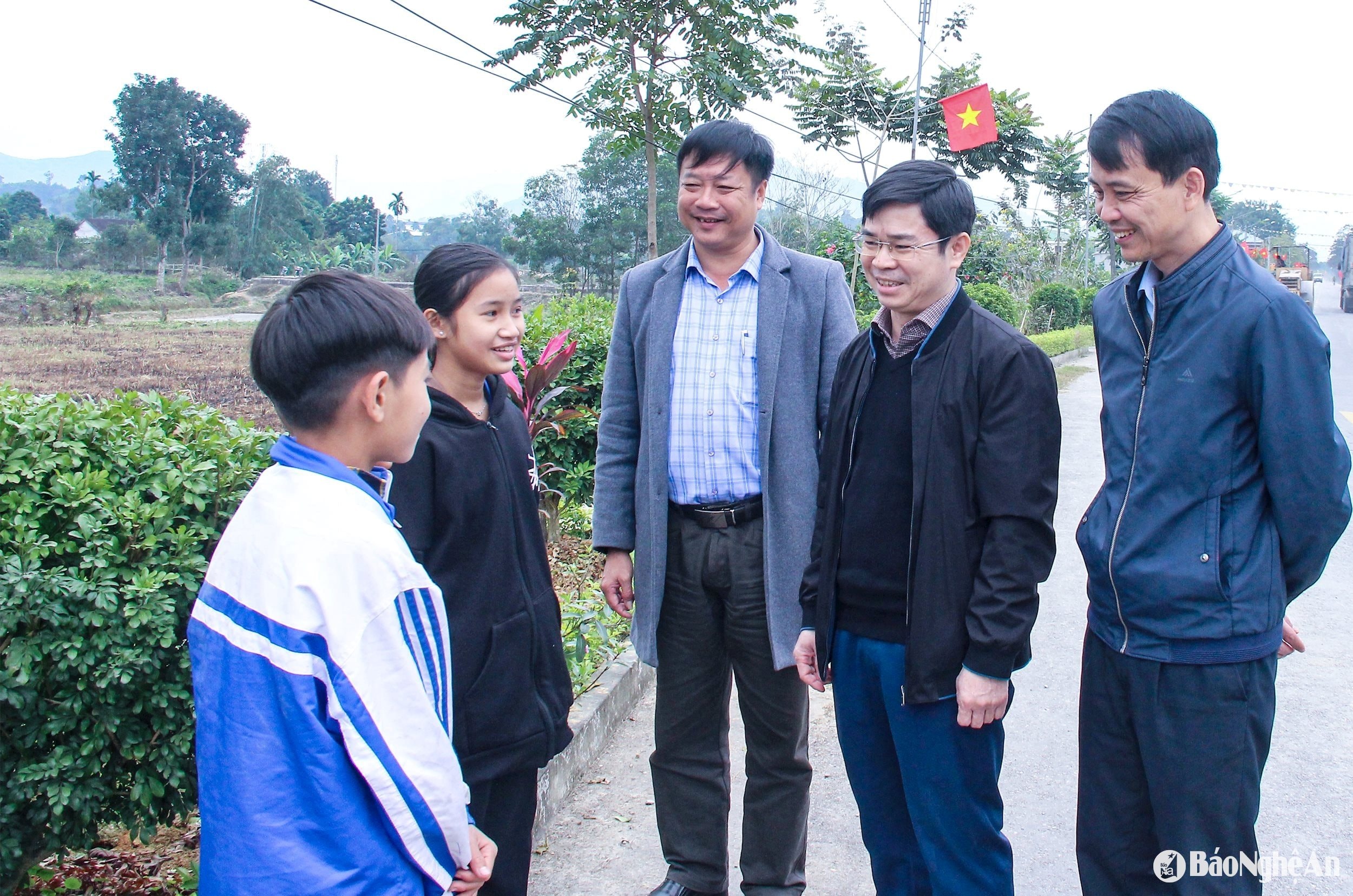
The requirements for the quality of commune-level cadres and civil servants after the merger are high. Public opinion is raising concerns about the standards and mechanisms for selecting commune-level cadres and civil servants to ensure that they truly "compare chopsticks and choose flagpoles". The policy of abolishing the district level and merging, reducing about 60-70% of commune-level administrative units compared to the present is posing problems that require the team of commune-level cadres and civil servants to rise up strongly. If the selection of commune-level cadres and civil servants is impartial, objective, and "assigning people for the job", it will have a positive impact on those who continue to work and also on those who may "stop" or change jobs in the administrative unit arrangement revolution.
